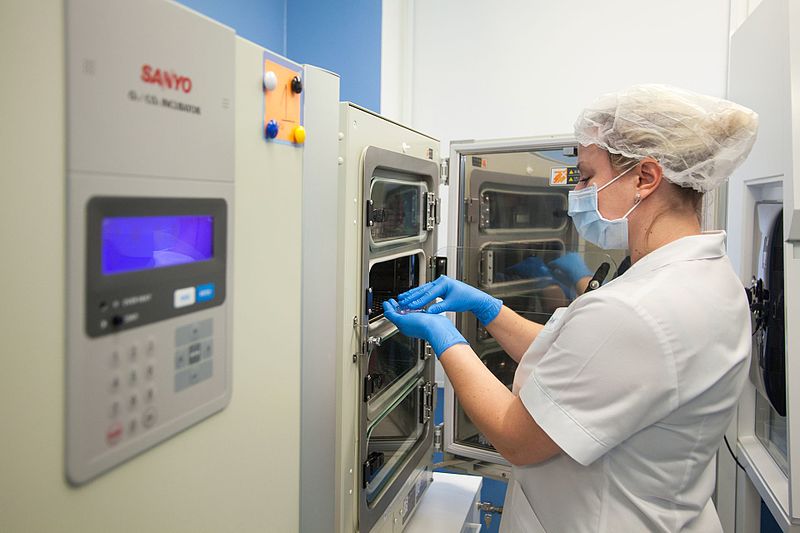Fertility clinics push back
By Alison Motluk,
HeyReprotech Newsletter
| 04. 21. 2020
Advisory bodies generally agree that now is not the time for full-on fertility treatment. Some prominent clinics beg to differ.
Several of the fertility world's top advisory bodies have strongly urged fertility clinics to stop or severely scale back services during the COVID-19 pandemic.
The European Society of Human Reproduction and Embryology (ESHRE) last week reaffirmed that fertility doctors, like other medical professionals, have a "duty" to not make this crisis worse and so should not be providing non-urgent services. Only people facing cancer treatment should be exceptions, they advised.
They underscored the reasons for their decision: to avoid any coronavirus-related pregnancy complications, to mitigate the unknown risks of parent-to-child transmission, to keep medical resources on the front lines and to follow the rules on physical distancing.
The American Society for Reproductive Medicine (ASRM) first issued guidelines about COVID-19 on March 17 and have since provided two updates. In the most recent, on April 14, they advised that "it is not yet prudent to resume non-emergency infertility procedures." They said that clinics should avoid starting new treatment cycles, cancel all transfers, suspend non-urgent procedures and minimize in-person interactions. The Canadian Fertility and Andrology Society (CFAS) has been advocating...
Related Articles
By Diaa Hadid and Shweta Desai, NPR | 01.29.2026
MUMBRA, India — The afternoon sun shines on the woman in a commuter-town café, highlighting her almond-shaped eyes and pale skin, a look often sought after by couples who need an egg to have a baby.
"I have good eggs,"...
By George Janes, BioNews | 01.12.2026
A heart attack patient has become the first person to be treated in a clinical trial of an experimental gene therapy, which aims to strengthen blood vessels after coronary bypass surgery.
Coronary artery bypass surgery is performed to treat...
By Staff, ScienceDaily | 01.05.2026
Scientists at UNSW Sydney have developed a new form of CRISPR technology that could make gene therapy safer while also resolving a decades-long debate about how genes are switched off. The research shows that small chemical markers attached to DNA
...
Following a long-standing CGS tradition, we present a selection of our favorite Biopolitical Times posts of the past year.
In 2025, we published up to four posts every month, written by 12 authors (staff, consultants and allies), some in collaboration and one simply credited to CGS.
These titles are presented in chronological order, except for three In Memoriam notices, which follow. Many more posts that are worth your time can be found in the archive. Scroll down and “VIEW...




